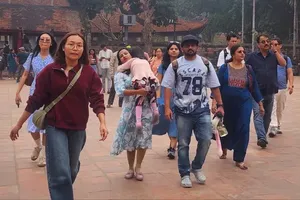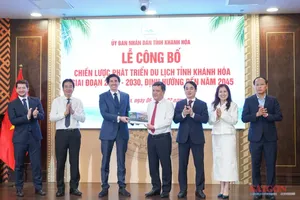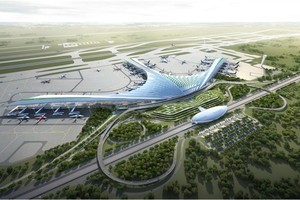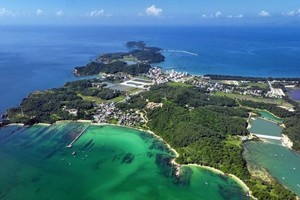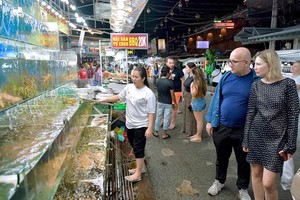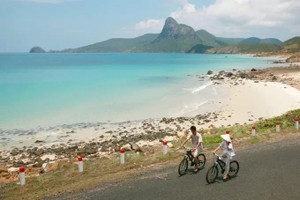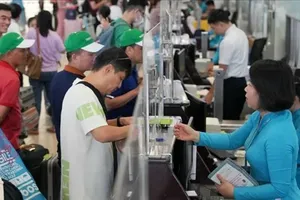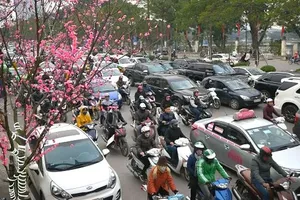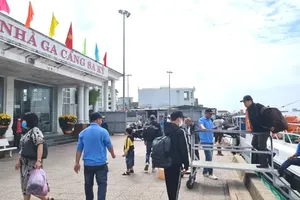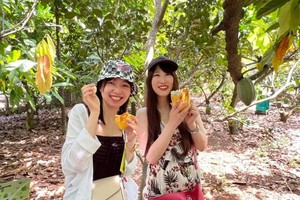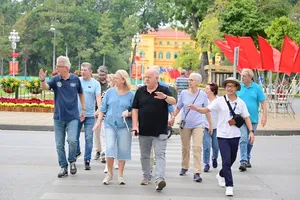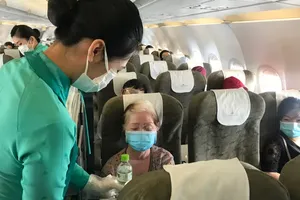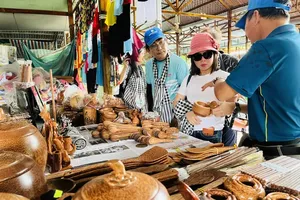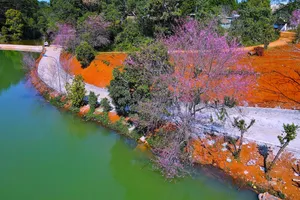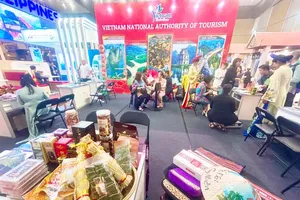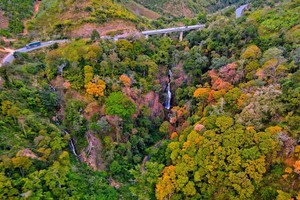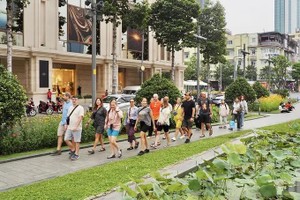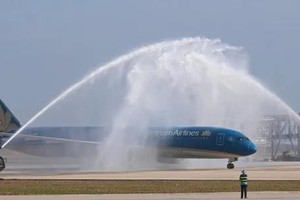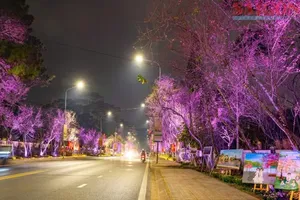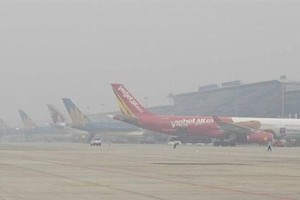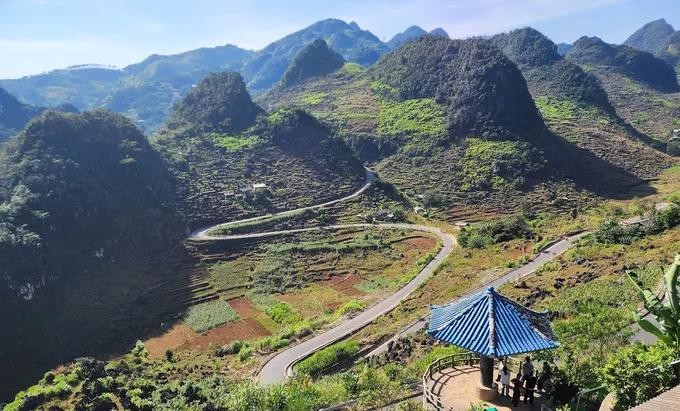
To stimulate tourism and achieve double-digit economic growth, the Government has directed ministries and agencies to explore flexible visa policies, simplify e-visa procedures, and propose special incentives for scientists, artists, athletes, and businessmen.
According to many experts, this policy not only attracts international tourists to Vietnam but also serves as a catalyst for investment and elevates the country's standing on the global tourism map.
Open visas - opportunities to attract VIPs
Deputy Director Ha Van Sieu of the Vietnam National Authority of Tourism said that Vietnam's visa policy has made many important strides, from expanding the list of visa-free countries to improving e-visa procedures. These adjustments not only stimulate tourism but also contribute to attracting top talent and experts.
He stated that the Government is currently exploring a conditional short-term visa exemption policy, integrated with a tourism stimulus initiative, while also proposing targeted incentives for investors, scientists, technology experts, billionaires, and prominent entrepreneurs to support long-term development.
Deputy Director Ha Van Sieu emphasized that the special visa policy is designed to attract high-profile individuals such as Oscar-winning directors, Olympic medalists and coaches, as well as leading figures in science and technology. He added that this initiative not only presents an opportunity to draw more tourists but also enhances the nation's global image.
Furthermore, Director Jimmy Tran of Sales and Marketing at Azerai Resorts evaluated that the updated visa policy will enhance Vietnam's position on the global luxury tourism landscape.
With the right policies in place, Vietnam will not only draw in tourists but also establish itself as a long-term residence option for affluent individuals and international professionals. This initiative will not only bolster the tourism sector but also encourage investment in premium real estate, healthcare, and resorts, thereby fostering a sustainable economic ecosystem, he stated.
CEO of Alma Resort Cam Ranh Herbert Laubichler-Pichler also advocated the issuance of the new visa policy. He said that hotels, resorts and businesses will benefit directly from the influx of high-end visitors.
But more importantly, when investors pour money into real estate or businesses in Vietnam, they create jobs, transfer technology and upgrade infrastructure - factors that bring long-term benefits to both tourism and the economy. Wealthy elite tourists will become tourism ambassadors, promoting the image of Vietnam to their networks.
Synchronous investment in infrastructure and high-class tourism products
Attracting elite and ultra-wealthy travelers demands more than a favorable visa policy—it requires comprehensive and strategic preparation. According to Mr. Ha Van Sieu, elevating Vietnam as a sophisticated and world-class destination calls for a long-term vision encompassing infrastructure development, modern seaports, and an integrated tourism ecosystem. Such an upgrade cannot happen overnight but it necessitates coordinated investment in infrastructure and premium tourism offerings that reflect the richness of Vietnamese cultural identity.
Besides policy, service quality is also a decisive factor. To meet the needs of the elite, there needs to be creative people with sophisticated thinking and a more professional tourism team.
"It's not the visa cost of a few dozen dollars, what distinguished visitors care about is the experience, the hospitable demeanor and the consideration from the destination. Vietnam needs to distinguish itself through accessibility and expertise in service," emphasized the leader of the National Tourism Administration.
Azerai Resorts Sales and Marketing Director Jimmy Tran also asserted that the Vietnamese tourism sector should concentrate on establishing a premium tourism ecosystem to genuinely fulfill the requirements of affluent travelers. It is imperative to allocate resources toward distinctive and exceptional experiences, while enhancing healthcare facilities, infrastructure and service benchmarks to rival other opulent destinations globally.
Similarly, according to Mr. Herbert Laubichler-Pichler, to welcome distinguished clientele, Vietnam not only requires luxurious retreats but also needs to develop a harmonized tourism ecosystem including airports, transportation options, retail complexes and medical services of international caliber. Vietnam should construct truly refined environments to cater to elite visitors, as they seek not merely convenience but also sophisticated encounters and differences.
On the other hand, he emphasized that Vietnam must strengthen its presence at premier tourism exhibitions and global investment forums as a few individual resorts or hotels alone cannot establish a luxurious national image; it requires large-scale representation.
The execution of the "golden visa" initiative will generate impetus to propel Vietnam to unprecedented heights regarding both tourist volume and caliber. Nevertheless, alongside this prospect emerges the formidable challenge of maintaining security and stability.
As policies become more friendly, the management system also needs to be improved to ensure a safe destination, worthy of the expectations of international tourists. Vietnam has advantages in terms of rich tourism resources, a rich culture and still has a lot of room for development. If the tourism sector knows how to take advantage of this golden time to build a more classy national image, this will be an important boost, helping the smokeless industry to make breakthrough in the future.
